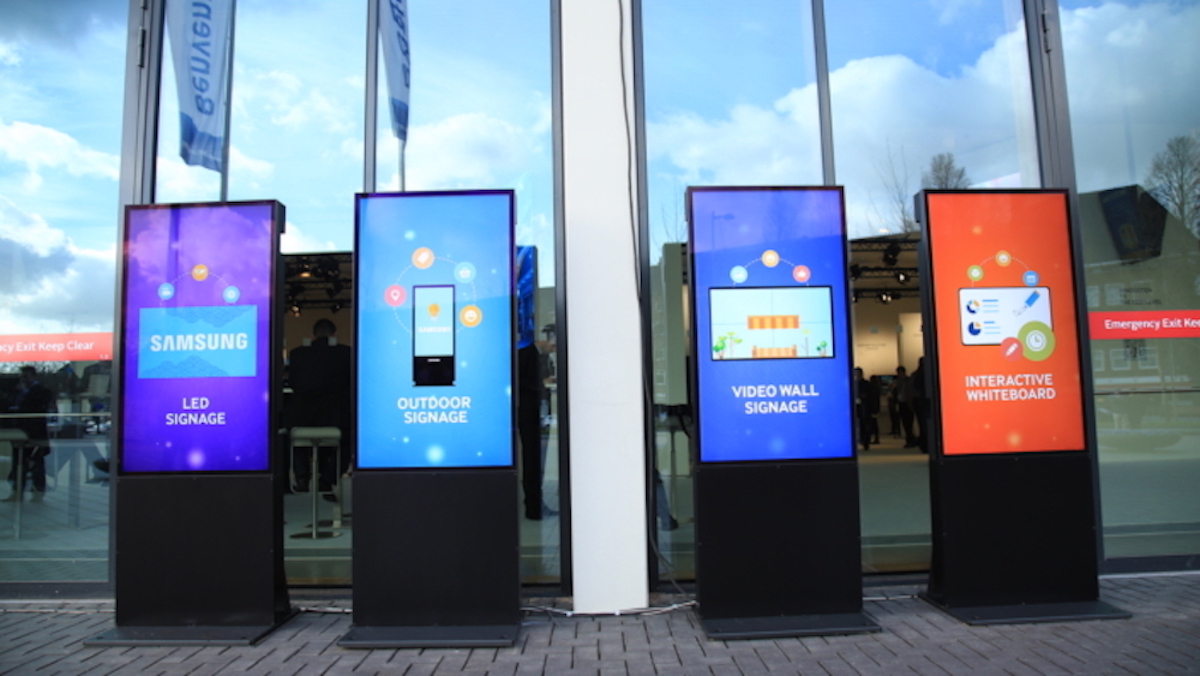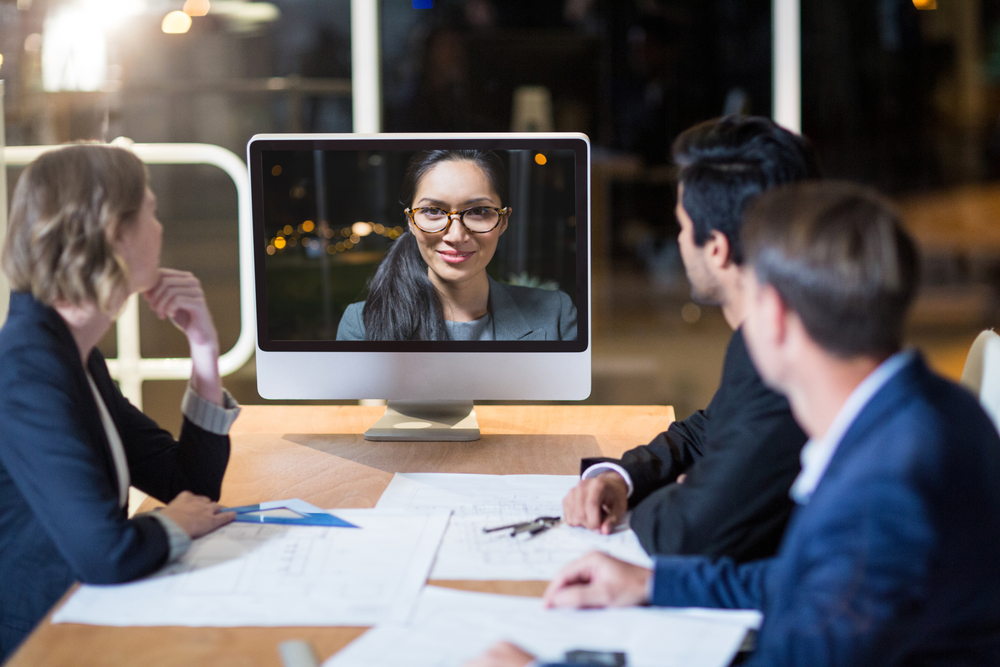9 Dos and Don'ts for Videoconferencing Security
What a difference a year makes. The pandemic has driven the rise of videoconferencing over the last 12 months. Seventy-eight percent of employees now use video conference tools for work meetings, and the number of digital conferences and meetings has skyrocketed.
Videoconferencing technology such as AV over IP has transformed the way humans communicate, allowing event managers to host audiovisual events while expo hall doors remain closed. But security concerns persist. Here's how to keep your video communications safe and private on the internet.
1. Do Optimize Software Security Settings
Whatever video conferencing software you use, optimize the security settings:
- Choose a strong password. (And never share it.)
- Turn on notifications for when guests join the meeting room.
- Enable waiting rooms.
- Turn off the video when you're not using it.
2. Don't Share Invitations to Social Media
Sharing links to video conferences on social media is asking for trouble. Share links inside the software.
3. Do Create a Video Conference Security Policy
Create a list of security policies and share these with guests before the event. Showcase the benefits of installing firewalls, keeping passwords safe, and not sharing invitations with others.
4. Do Follow Your Advice
Practice what you preach. As the video conference host, download the latest security software onto your devices.
5. Don't Share Sensitive Documents
Some audiovisual tools are more secure than others. But, as a general rule, don't share super-sensitive documents with guests. Email documents instead.
6. Do Lock Your Meetings
Once all your guests have arrived, lock your meetings. (Most video conference platforms let you do this.)
7. Don't Use the Same Meeting IDs
Most video conference tools auto-generate meeting IDs every time you hold an event. But if your platform doesn't, create new IDs for each conference.
8. Do Report Intruders
Report intruders to your video conference platform.
9. Do Verify Your Guests
Ask guests to confirm their name and check it against your invitation list. Oh and remove unwanted guests from your meetings.
Before You Log Out...
Video conferencing is essential for digital meetings, conferences, and other live events right now. Follow the nine tips above and super-charge your security in time for your next event.
For more audiovisual tips, add AVNation's blog to your bookmarks!
About Author
Related Posts
Popular
-

-
 The 17 Most Misunderstood Facts About AV Over IPJanuary 25, 2021 1
The 17 Most Misunderstood Facts About AV Over IPJanuary 25, 2021 1 -
 12 Interesting Statistics About Digital SignageJune 3, 2020 0
12 Interesting Statistics About Digital SignageJune 3, 2020 0 -
 9 Dos and Don'ts for Videoconferencing SecurityJune 29, 2020 0
9 Dos and Don'ts for Videoconferencing SecurityJune 29, 2020 0 -
 Does Your Podcast Pass the Twitter Test?October 27, 2020 0
Does Your Podcast Pass the Twitter Test?October 27, 2020 0


Leave A Reply